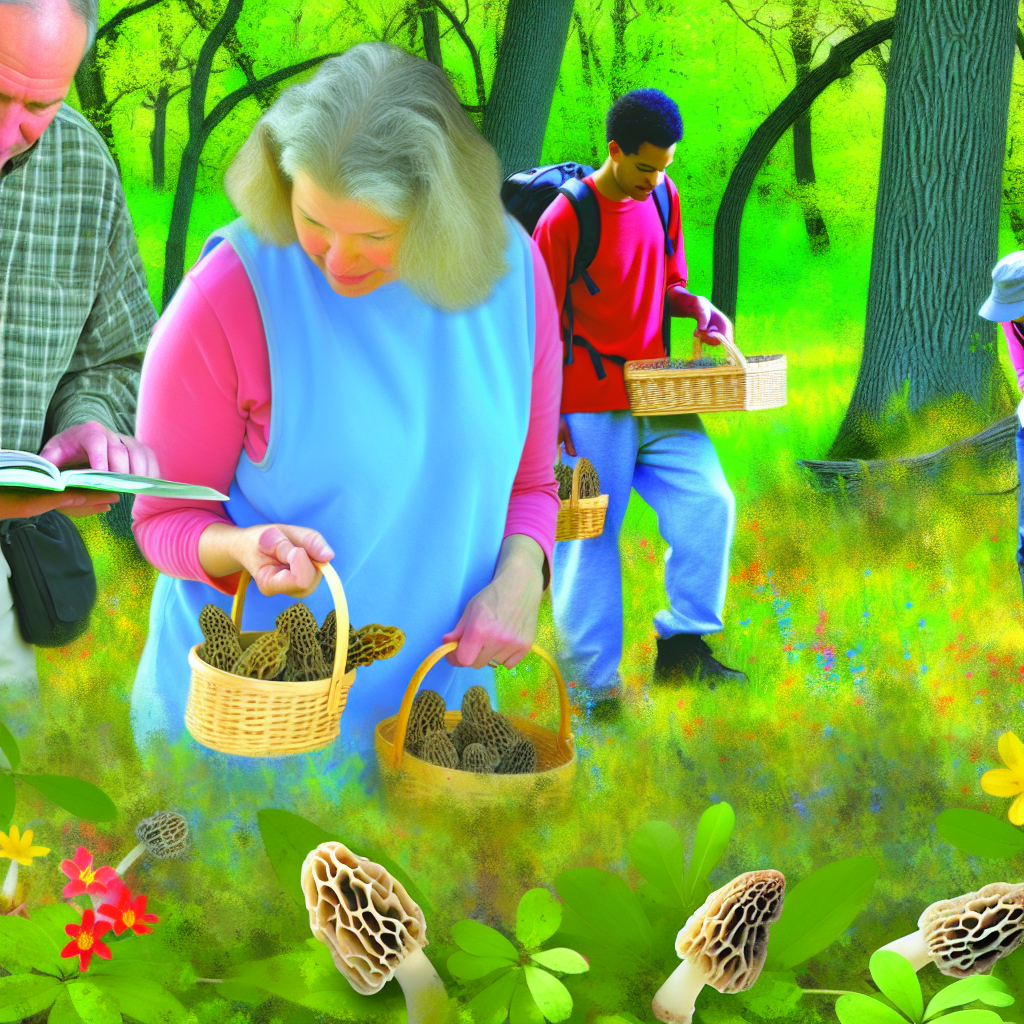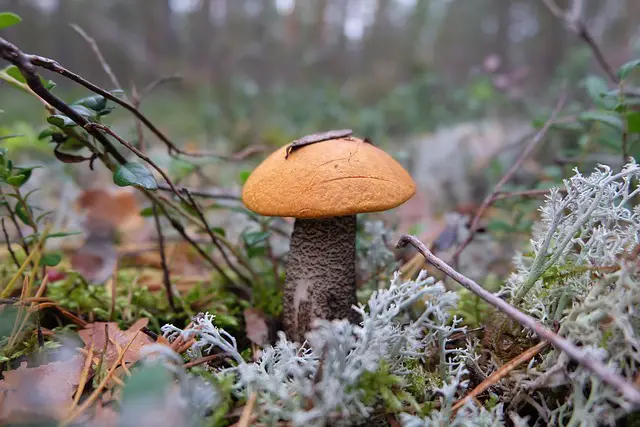Foraging for wild mushrooms is a rewarding pastime that combines the thrill of a treasure hunt with the satisfaction of gathering natural, edible bounty. However, before setting off with your basket and field guide, it’s essential to understand the legal landscape governing this activity. Illinois mushroom hunting law has specific regulations to ensure the safety of both foragers and the environment. This article delves into the legalities of mushroom hunting in Illinois, providing a comprehensive guide for enthusiasts.
Illinois Mushroom Hunting Law: Where Can You Hunt?
One of the most common questions among mushroom hunters is, “Where am I allowed to forage in Illinois?” The answer largely depends on the location. Illinois has a variety of land types, each with its own set of rules.
Public Lands
In Illinois, mushroom hunting is often permitted on state-owned lands, such as state parks and state forests. However, you must adhere to specific regulations and often need to obtain a permit. For instance, the Illinois Department of Natural Resources (IDNR) manages these lands and requires foragers to follow set seasons and area-specific guidelines. It’s always wise to check with the park or forest office before you start hunting.
Private Lands
Hunting on private land is permissible, but only with the landowner’s explicit permission. Trespassing is illegal and can result in fines or more severe penalties. Building a good relationship with landowners can open up more opportunities for safe and legal foraging.
What Can You Hunt and When?
Knowing what mushrooms are in season and allowable to forage is crucial under Illinois mushroom hunting law. The state has a variety of edible mushrooms, but more importantly, some seasons are regulated to protect both the foragers and the ecological system.
Seasonal Restrictions
The morel mushroom is perhaps the most popular among foragers in Illinois. The morel season typically runs from late April through May. In some managed areas, there could be restrictions on the timing and method of foraging to ensure sustainability. Unlike hunting game, there are no bag limits for most species of mushrooms, but you should always practice responsible foraging to avoid depleting the resource.
Endangered Species
Foragers should be aware of mushrooms that are considered endangered or protected under Illinois law. Harvesting these can have serious ecological effects and legal consequences. Before you start, familiarize yourself with the state’s endangered species list, which is available from the IDNR.
Permits and Licenses: Do You Need One?
Another critical aspect of Illinois mushroom hunting law is whether you need a permit or license to forage. The requirements can vary depending on the type of land and mushroom species.
Public Land Permits
Foraging on public land typically requires a permit. These permits help manage the number of foragers and ensure that activities are conducted sustainably. Permits can be obtained through the IDNR, and fees may vary.
Private Land Permissions
While hunting on private land may not require a governmental permit, written permission from the landowner is often advisable. This document can serve as a legal safeguard in case any disputes arise.
Safety and Identification
One of the most significant concerns in mushroom hunting is safety. Illinois mushroom hunting law emphasizes the importance of collecting responsibly and safely.
Proper Identification
Misidentification can lead to severe health risks, as some mushrooms are toxic and look very similar to edible varieties. Using a reliable field guide or app can help mitigate risks. Attending local foraging courses or joining a mycological society can also provide valuable expertise and community support.
Legal Consequences
Illegal harvesting can result in significant penalties, including fines and even imprisonment in severe cases. Always abide by the local regulations to avoid legal issues and contribute to sustainable foraging practices.
Conservation and Ethical Foraging
Legal compliance is only one aspect of responsible mushroom hunting. Ethical and sustainable practices help ensure that the mushrooms and their habitats continue to thrive.
Leave No Trace
Adhering to “Leave No Trace” principles is essential. This means not disturbing the environment more than necessary and making sure to leave some mushrooms behind to propagate for future generations.
Contribute to Citizen Science
Participating in citizen science projects by reporting your findings can help track mushroom populations and contribute to conservation efforts. Many organizations welcome such contributions and provide platforms for reporting.
Conclusion
Understanding Illinois mushroom hunting law is essential for anyone interested in this rewarding activity. From knowing where you can hunt to understanding seasonal restrictions and permit requirements, being informed helps ensure a safe and enjoyable foraging experience. Always practice ethical foraging and respect both the natural environment and local regulations to contribute to sustainable mushroom hunting in Illinois. Happy foraging!




